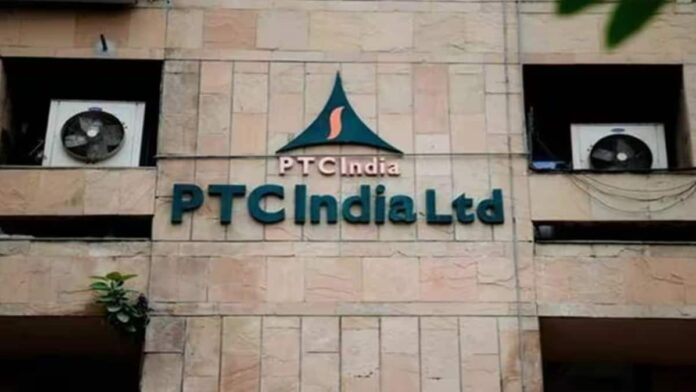The ongoing crisis at PTC India Financial Services (PTC India Financial) has brought issues over the governance of non-banking financial companies (NBFCs) back to the forefront. In the latest development, the company announced that its managing director and CEO Pawan Singh went on leave, in line with the directive of the Reserve Bank of India (RBI).
It has appointed director (finance) and chief financial officer Mahendra Lodha as interim managing director and chief executive officer.
Also read: Online FSSAI license: How to apply for a food license as a food business operator; check latest procedure
The move comes after the Securities and Exchange Board of India (Sebi) in May issued a show-cause notice to the MD and CEO as well as the non-executive chairman in relation to corporate governance issues raised by the independent directors.
Spokespersons from the company did not respond to an email seeking comments.
PTC India Financial, a subsidiary of PTC India, has come under the scanner of financial regulators after three independent directors — KS Vikamsey, Thomas Mathew and Santosh B Nayar — resigned in January 2022, citing lapses in governance and compliance.
Subsequently, PTC India independent director Rakesh Kacker also resigned from the board owing to concerns over corporate governance at the infrastructure finance subsidiary.
While PTC India Financial and its parent have denied these allegations, the former appointed an independent firm to undertake a forensic audit of its financials.
In addition to other observations, the forensic audit report notes instances of modification of sanction terms, non-compliance with pre-disbursement conditions, disbursements made for clearing overdues or evergreening, disproportionate disbursement of funds and delayed presentation of critical information to the board.
Two more independent directors had resigned in December 2022 over a spate of issues including divergent views of the directors and management on the outcome of forensic audit report, limitations on scope of forensic audit, lack of cooperation from the management to the forensic auditor.
While declaring its March quarter result, the non-bank lender said that it is in correspondence with the Sebi, stock exchanges, RBI and registrar of companies over contents of the resignation letter, and the forensic audit report.
PTC India Financial invests in equity and extends debt to power projects in generation, transmission, distribution, and fuel sources, fuel related infrastructure, equipment manufacturers and engineering, procurement and construction among other areas.
Also read: Awareness & an ALM approach to personal lives, key to higher insurance penetration: R M Vishakha
The lender has exposure to Danu Wind Park, and NSL Nagapatnam Power and Infratech, among others. It has also provided financial assistance for renewable projects of around 15,000 Megawatt. Its aggregate of loan assets and non-fund based commitments against sanctioned loans stood at `7,339 crore as on March 31.
The developments at PTC India Financial have shed light on pertinent issues relating to corporate governance, a topic that the NBFC sector in India is all too familiar with.
The likes of Infrastructure Leasing and Financial Services (IL&FS), Dewan Housing Finance Corporation and Indiabulls Housing Finance have been marred by corporate governance crisis in this decade alone.
Various media reports have hinted at troubles at other non-bank lenders too.
“Like in other sectors, in the NBFC sector as well there have been bad apples. In many of the entities, adequate and timely checks and balances by the board, lenders, auditors and management could have prevented some of these financial issues.” says Bhavik Hathi, managing director, Alvarez & Marsal.
“There are entities that are not well governed. I do not want to shy away from that. Hopefully there are learnings for everyone involved and there are checks and balances implemented which makes the sector even more robust”
Nevertheless, various experts say that governance standards for the NBFC sector at large has improved in recent years with there being more private equity involvement in the sector. Also, independent directors at these non-bank entities are more proactive now that they were in the past and this has lifted governance standards for the sector as a whole, a senior official at a credit rating agency said on condition of anonymity.
“The issue at PTC India Financial is not symptomatic of a broader governance issue at NBFCs. It is an exceptional case that has been handled separately. You cannot generalise the issue,” Former RBI deputy governor R Gandhi said.





































